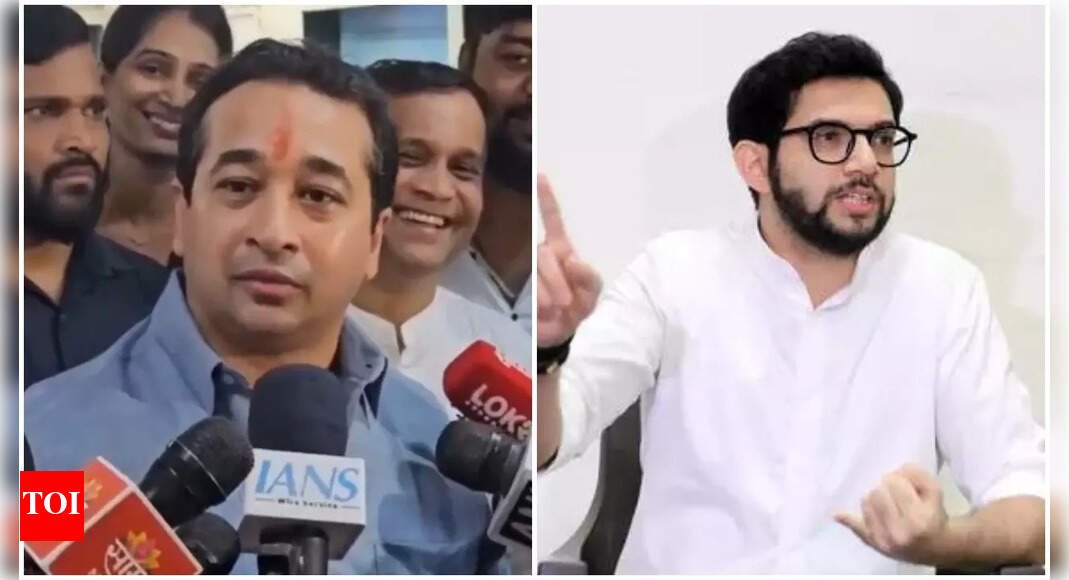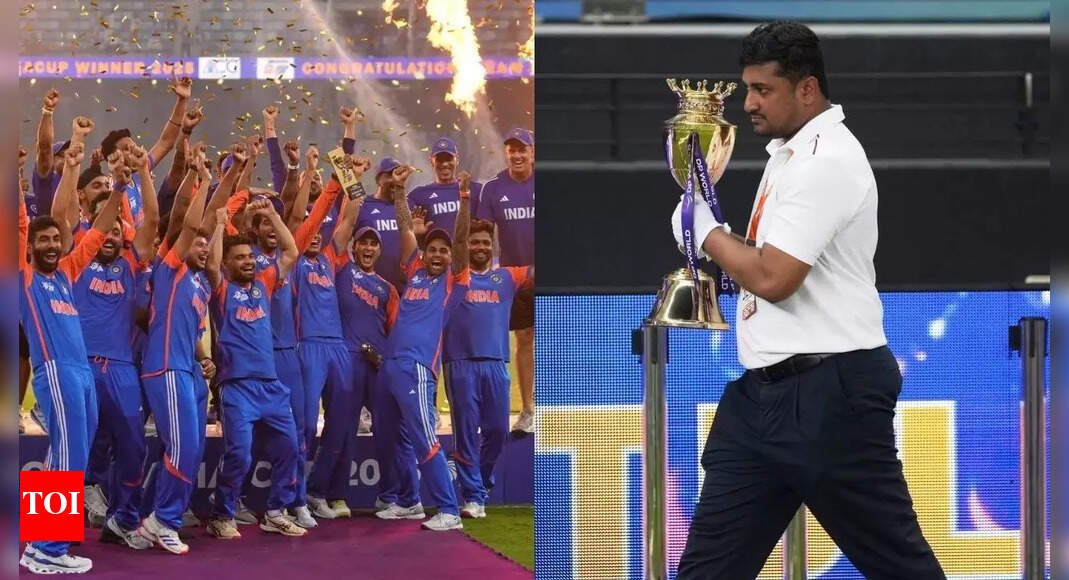Courts generally do not recognise exclusivity over descriptive words such as ‘fizz’ for carbonated beverages but the protection can be enforced in the composite mark, for example, APPY FIZZ and in the overall trade dress, including elements such as colour scheme, label design, and bottle shape, explained Essenese Obhan, managing partner at Obhan & Associates.
This is not the first time that a court of law will have to decide on the issue of descriptive marks. In fact, in 2020, the Delhi High Court heard an appeal in the case of Cadila healthcare Ltd. vs. Gujarat Co- Operative Milk Marketing Federation. In this particular case, the point of contention was over the use of the words, ‘Sugar Free’ for artificial sweeteners.
The Delhi High Court said Cadila Healthcare cannot stop others from using the term ‘Sugar Free’ for sweeteners because it is a common descriptive phrase, not a unique brand name. Also, the court noted that such products are mainly used by a small, elite group of consumers. Hence exclusivity over the term was not granted to Cadila.
In another instance in 2020, ITC took Nestlé to court, claiming it had the exclusive right to use the phrase “Magic Masala” for its instant noodles as it was the first to use it. The Madras High Court rejected ITC’s claim, saying that the word “Magic” was simply a feel-good term and could not be owned by any one company.
The court also noted that both “Magic” and “Masala” were common in the food industry, and no one could claim a monopoly over such everyday words. As a result, Nestlé was allowed to continue using “Magic Masala” for its noodles.
This is also not the first time that Parle Agro has had to approach a court of law in an attempt to protect its right in relation to its product ‘APPY FIZZ’.
In 2020, Parle Agro went to the Bombay High Court to stop Walmart from selling an apple-flavoured fizzy drink called “Fizzy Apple.” The court found that Walmart’s packaging — its design, colours, and overall look — was so similar to Parle’s Appy Fizz that people could get confused.
While the word “fizz” itself just describes a bubbly drink and can’t be owned by one company, the court said the overall packaging was too close.
It may be argued that one may succeed in getting a favourable order where a rival copies your overall trade dress so closely that consumers are likely to be confused,’ said Varun Pareek, partner at Emerald Law Offices.



